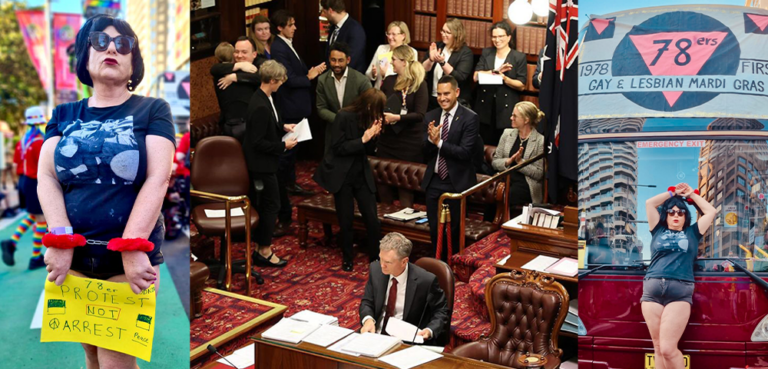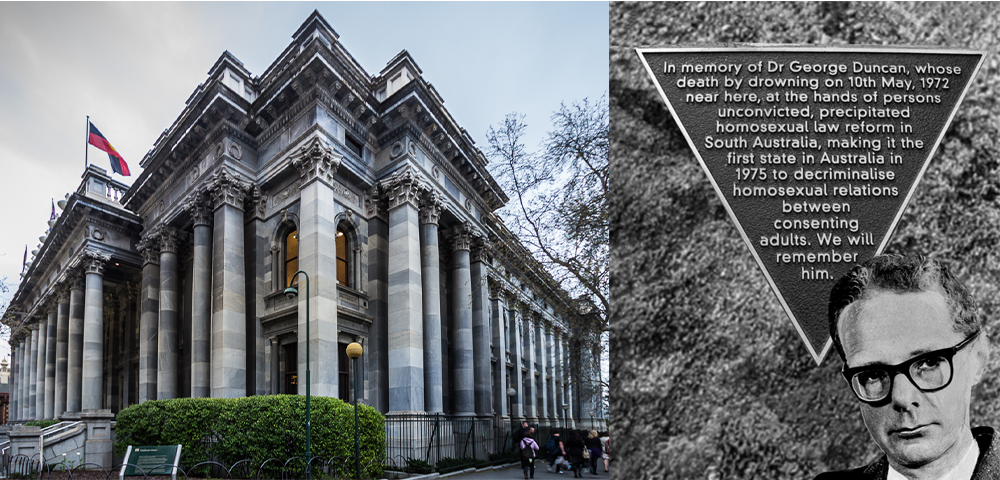
Sex workers disappointed by Victoria’s updated regulations

SEX workers across the state have expressed disappointment at the Victorian Government’s overnight updates to sex work regulations.
The current regulatory system for sex work in Victoria is licencing, formed by four pieces of legislation including the recently updated Sex Work Regulations 2016.
Before updating these regulations the government consulted with sex workers over several months, but the end result has left many in the community underwhelmed.
Jane Green from Victoria’s sex work organisation Vixen Collective said many sex workers put in submissions last year when the consultation opened, and earlier this year when the government put out a draft set of regulations.
“To see the regulations go into effect today in final form has been extremely disappointing, for the organisation I represent but also on a personal level as a Victorian sex worker,” she said on Joy 94.9’s The Informer last night.
“The level of changes are extremely minimal and what we judge as tokenistic.”
The updated regulations remove the head and shoulder restriction for internet advertising, allowing sex workers to protect their privacy by using an image of their body instead.
A previous restriction on references to race, colour, and ethnicity in sex work advertisements has also been revoked.
Some of the issues highlighted by Vixen Collective during the consultation process included how the licencing system makes it difficult for sex workers to access assistance from the police.
The group also highlighted the lack of workplace options for sex workers under the licencing system, and how the registration of sex workers violates their human and civil rights.
Vixen Collective have also consistently called for the full decriminalisation of sex work, a sentiment that Amnesty International recently included in its latest policy on the rights of sex workers around the world.
“Amnesty have said the full decriminalisation of sex work is what’s best for our human rights, health, and safety, which are the critical things here,” Green said.
“There were comments earlier this year by Consumer Affairs Minister Jane Garrett saying decriminalisation wouldn’t be possible because only one of the four pieces of legislation was being reviewed.
“But if you look at it from that point of view then sex workers will always be in a catch-22, because there’s never going to be a time when all four pieces are up for review at the same time. You can’t leave us in a position where you’re saying as the Victorian Government that we’re never going to be able to achieve full decriminalisation of our work, because that’s just not good enough.”
A Department of Justice spokesperson said the Victorian Government listened to the thoughts and concerns of stakeholders and has implemented “common sense changes”.
“The changes do not impact the Sex Work Act 1994, which is the governing legislation for the sex work industry,” they told the Star Observer.
“Any major changes to the Sex Work Act, including the full decriminalisation of sex work in Victoria, would need greater community and stakeholder consultation.”
Amnesty International’s research in the area found that while sex workers face a disproportionate amount of stigma and discrimination, LGBTI sex workers fare much worse.
The team heard accounts of trans women sex workers who were being thrown into male prisons overseas and having their heads forcibly shaved, along with facing police harassment and violence.
Around Australia sex work is only partially decriminalised, with legislation varying from state to state.
In September last year sex worker organisations and allied organisations around Australia joined Vixen Collective in stating: “We recognise full decriminalisation of sex work is the only acceptable model of regulation for sex workers’ human rights, labour rights, health, and safety.”










